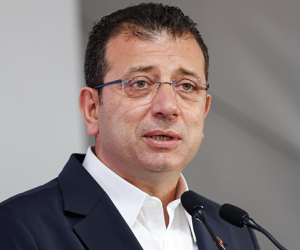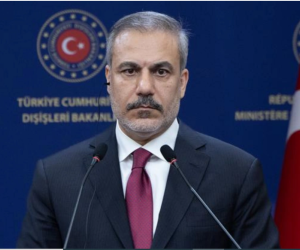India recriminalises homosexuality just five years after....

Activists have been demonstrating in the streets of New Dehli in support of India's lesbian, gay, bisexual and transgender community, which will be impacted by the draconian laws that date back to the time of British rule.The laws, which are punishable by up to ten years in jail, puts millions of Indians at risk of prosecution, according to The Independent.In 2009, the law was successfully challenged in the Dehli High Court, effectively decriminalising gay relationships.But this was challenged again in the Supreme Court of India, which overturned the High Court's judgment last month, upholding the ban on homosexual activities. In January, the court said it was up to the government to change the law.But that could be years away with the leadership of the country's main opposition party, which is widely tipped to win the election in May, expected to support the law.The Supreme Court decision sparked fury across India and internationally. UN Human Rights Commissioner Navi Pillay, told media the decision violated international law and was 'significant step backwards for India'.Campaigners have argued that although there have been few actual prosecutions in recent history, the law has been used to harass and blackmail gay men.The law was drafted in 1860 and states that 'whoever voluntarily has carnal intercourse against the order of nature with any man, woman or animal, shall be punished with imprisonment'.Activists say the law contravenes various articles in India’s constitution which supposedly guarantee the right to life and personal liberty, equality, and which prohibit discrimination.Commentators say it is unlikely the government will introduce legislation overturning the Supreme Court's decision in a country that sways to the conservative side of politics.ANN.Az
Latest news 
More news 



































 Photo
Photo 



 Video
Video 

